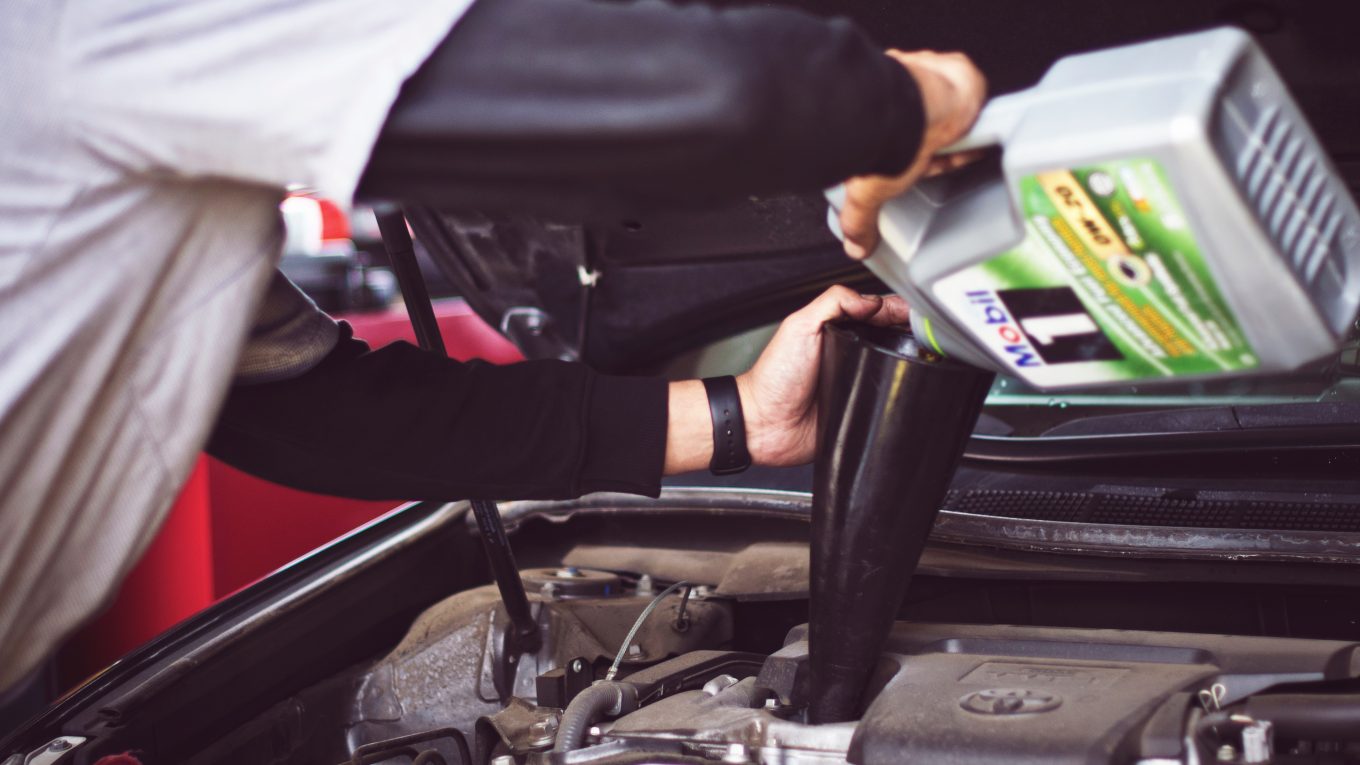Car Maintenance 101: Essential Tips for the Maintenance of Cars
Owning a car can be a source of great convenience and freedom, but it also comes with responsibilities, one of the most crucial being regular maintenance. Proper car maintenance not only ensures a smooth and trouble-free driving experience but also extends the lifespan of your vehicle. Neglecting maintenance can lead to costly repairs and even safety hazards. In this comprehensive guide, we will delve into the essential tips for car maintenance to help you keep your vehicle in top-notch condition.
1. Regular Oil Changes
Oil is the lifeblood of your car’s engine, and regular oil changes are vital for its health. Engine oil lubricates the moving parts, reducing friction and preventing premature wear. Over time, oil breaks down and becomes less effective, which is why it is essential to change it according to your car manufacturer’s recommendations. Typically, oil changes are recommended every 5,000 to 7,500 miles, but check your owner’s manual for the specific interval.
2. Check and Change Other Fluids
In addition to engine oil, several other fluids play critical roles in your car’s performance. Regularly check and change the coolant, transmission fluid, brake fluid, and power steering fluid as per the manufacturer’s guidelines. These fluids help regulate temperatures, provide hydraulic assistance, and enable smooth gear shifts, so neglecting them can lead to significant issues.
Read Also: The Future of Electric Cars: What can be expected from Green Cars?
3. Monitor Tire Pressure

Properly inflated tires not only improve fuel efficiency but also enhance handling and braking performance. Check your tire pressure at least once a month and before long trips. Underinflated tires wear out faster and can lead to poor fuel economy, while overinflated tires may result in a harsh ride. Follow the recommended tire pressure stated in your car’s manual or on the door jamb label.
4. Rotate and Balance Tires
Uneven tire wear can occur due to variations in weight distribution and driving habits. Regularly rotating and balancing your tires every 5,000 to 7,000 miles ensures even wear, extending the life of your tires and improving the overall ride quality.
5. Inspect and Replace Air Filters
Air filters prevent dirt and debris from entering the engine, ensuring that clean air is used for combustion. Over time, these filters become clogged, reducing engine efficiency and performance. Inspect your air filter regularly and replace it as needed to maintain optimal engine health.
6. Replace Spark Plugs
Spark plugs ignite the air-fuel mixture in the engine cylinders, enabling combustion. Worn-out spark plugs can cause misfires, reduced fuel efficiency, and engine performance issues. Most manufacturers recommend replacing spark plugs every 30,000 to 100,000 miles, depending on the type of spark plugs installed in your car.
7. Keep the Battery in Top Shape

The battery is the heart of your car’s electrical system, supplying power to start the engine and run various electrical components. Check the battery regularly for corrosion and ensure it is securely mounted. If your battery is more than three years old or shows signs of weakness, consider having it tested or replaced.
8. Brake Maintenance
Maintaining your car’s brakes is crucial for safety. Periodically inspect the brake pads, rotors, and brake fluid. Replace brake pads when they become worn, and ensure the brake fluid is at the proper level. Spongy or unresponsive brakes require immediate attention, as they can compromise your ability to stop safely.
9. Listen to Your Car
Your car often gives you signals when something is amiss. Strange noises, vibrations, or warning lights on the dashboard should never be ignored. Address any unusual symptoms promptly by seeking professional help to prevent minor issues from escalating into major problems.
10. Regular Professional Inspections
While there are many maintenance tasks you can perform on your own, it’s essential to have your car inspected regularly by a qualified mechanic. Professional inspections can catch potential problems early, saving you from costly repairs down the road. Most car manufacturers recommend routine maintenance schedules that include thorough inspections.
11. Keep It Clean
Regularly washing and waxing your car not only keeps it looking great but also protects the paint from environmental contaminants. Clean the interior as well, as dust and dirt can accumulate and cause premature wear on surfaces and controls.
12. Drive with Care
Your driving habits have a significant impact on the overall health of your car. Avoid aggressive driving, sudden stops, and excessive speeding, as these actions put unnecessary stress on various components and can lead to premature wear.
13. Be Mindful of Your Suspension
The suspension system is responsible for your car’s smooth ride. Pay attention to any signs of a bumpy or rough ride, as it may indicate issues with the shocks or struts. Promptly address suspension problems to ensure a comfortable and safe driving experience.
14. Timing Belt Replacement
If your car has a timing belt, follow the manufacturer’s recommended replacement interval. A failed timing belt can cause severe engine damage, so don’t neglect this essential maintenance task.
15. Follow the Owner’s Manual
The most valuable source of information for your car’s maintenance is its owner’s manual. It contains detailed maintenance schedules, specifications, and other essential information that can help you take better care of your vehicle.
By following these essential tips for car maintenance, you can ensure that your car remains in excellent condition, providing you with reliable transportation for years to come. Regular maintenance not only saves you money in the long run but also contributes to a safer and more enjoyable driving experience. Remember, a well-maintained car is a happy car!
